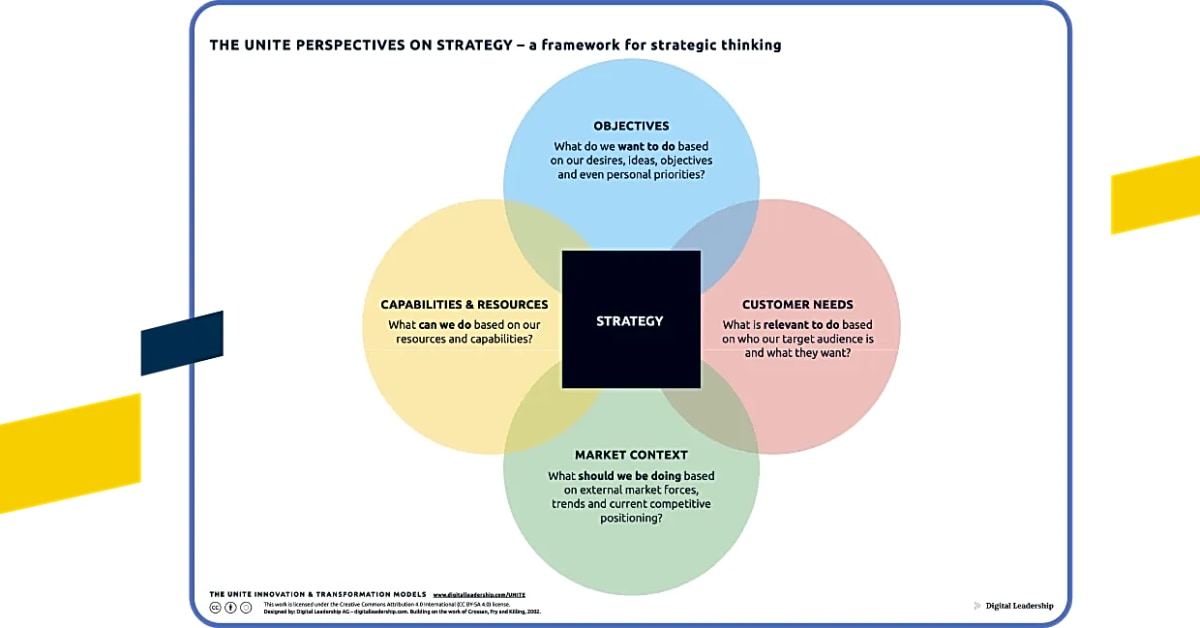Market expansion is a crucial aspect of business development, as it involves expanding your company’s reach and presence in new markets. This process can be challenging, but with the right strategies and mindset, it can also be incredibly rewarding. Whether you are a small business looking to grow or an established company seeking to expand, understanding the ins and outs of market expansion is key to achieving long-term success. In this article, we will explore the various strategies for growing your business through market expansion, along with practical tips and insights to help you navigate this complex process. So, if you are ready to take your business to the next level, keep reading to learn more!
To effectively expand your market, you need to have a solid understanding of strategic planning. This involves setting goals and developing a roadmap for achieving them. You should also conduct a SWOT analysis to identify your strengths, weaknesses, opportunities, and threats. This will help you make informed decisions and create a strategic plan that aligns with your overall business objectives.
Another important aspect of market expansion is business development. This refers to the process of identifying new opportunities for growth and developing strategies to capitalize on them. This may include expanding into new markets, developing new products or services, or forming partnerships with other businesses. It is crucial to continually evaluate your business development strategies and make adjustments as needed.
Market analysis is another key component of market expansion. This involves researching and analyzing market trends, customer behavior, and competitor activity. By understanding your target market and the competitive landscape, you can make informed decisions about how to position your business for success.
Managing risk is an essential part of any business expansion strategy. As you grow and enter new markets, it is important to consider potential risks and have a plan in place to mitigate them. This may include diversifying your products or services, investing in insurance, or having contingency plans in case of unexpected events.
Conducting market research is also crucial for successful market expansion. This involves gathering data and insights about your target audience, industry trends, and potential opportunities. By understanding your customers’ needs and preferences, you can tailor your products or services to meet their demands and stay ahead of the competition.
Overall, market expansion requires a comprehensive and strategic approach. By incorporating elements such as strategic planning, business development, market analysis, risk management, and market research, you can position your business for growth and success.
Some may argue that there are other factors to consider when it comes to market expansion, such as financial management or leadership skills. While these are important aspects of running a successful business, they are not the main focus of this article and can be covered in other resources.
Strategic Planning
Market expansion is a crucial aspect of business development, and it requires careful strategic planning to ensure success. As a business owner, you must have a clear understanding of your goals and objectives for expanding into new markets. This involves conducting a SWOT analysis to identify your company’s strengths, weaknesses, opportunities, and threats. By doing this, you can determine the best course of action for your market expansion strategy.
Once you have identified your goals and conducted a SWOT analysis, the next step is to create a roadmap for success. This involves setting specific and achievable targets, along with timelines and action plans to reach them. Your roadmap should also take into account any potential risks and how they can be mitigated. By having a well-defined plan in place, you can ensure that your market expansion efforts are focused and effective.
Market Research
Gathering data and insights about target audience, industry trends, and opportunities is a crucial step in market expansion. By understanding your target audience, you can tailor your products or services to meet their specific needs and preferences. This can give you a competitive edge in the market and attract new customers.
Additionally, conducting market research allows you to stay informed about industry trends and changes, giving you the opportunity to adapt and stay ahead of the competition. It also helps you identify potential opportunities for growth and expansion in the market.
There are various methods of gathering market research data, such as surveys, focus groups, and analyzing industry reports. It is important to gather both quantitative and qualitative data to get a well-rounded understanding of your target market.
Market Analysis
Market analysis is a crucial step in the process of market expansion. It involves researching and analyzing market trends, customer behavior, and competitor activity to gain a deeper understanding of the market landscape.
By conducting thorough market analysis, businesses can identify potential opportunities and challenges, as well as gain insights into consumer needs and preferences. This information is essential for developing effective strategies that will drive growth and success.
One key aspect of market analysis is examining market trends. These can include changes in consumer behavior, emerging technologies, and shifts in the competitive landscape. By staying on top of these trends, businesses can adapt their strategies to stay ahead of the curve.
Another important factor to consider is customer behavior. Understanding how customers interact with your product or service, as well as their needs and pain points, can help you tailor your offerings to better meet their expectations.
Finally, analyzing competitor activity is crucial for gaining a competitive advantage. By understanding what your competitors are doing well and where they may be falling short, you can adjust your own strategies to stand out in the market.
Risk Management
As a business owner, you are constantly seeking ways to expand your company and gain a competitive advantage. However, with growth comes risk. It is crucial to identify and mitigate potential risks associated with business expansion in order to ensure the success and sustainability of your organization.
One of the first steps in risk management for market expansion is conducting thorough market research. This allows you to gain a better understanding of your target market, potential competitors, and any regulatory or cultural differences that may impact your expansion plans. By understanding these factors, you can develop strategies to minimize potential risks and maximize opportunities for success.
Another important aspect of risk management is creating a detailed business plan that outlines your expansion goals, strategies, and potential risks. This allows you to anticipate and prepare for any potential challenges that may arise during the expansion process.
In addition to proactive planning, it is essential to continuously monitor and assess potential risks as you move forward with your expansion plans. This allows you to make informed decisions and adjust your strategies as needed to mitigate any potential risks that may arise.
By taking a proactive approach to risk management, you can minimize the likelihood of setbacks and maximize the success of your market expansion. Remember, preparation is key when it comes to managing risks associated with business growth.
Business Development
As a business owner, you are constantly looking for ways to expand and grow your company. One key aspect of this is identifying new opportunities for growth and forming strategies to capitalize on them. This falls under the umbrella of business development, which is the process of finding and creating new business opportunities to help your organization grow.
There are many different avenues for business development, including exploring new markets, expanding your product or service offerings, forming strategic partnerships, and more. These opportunities may arise from changes in the market, advancements in technology, or even through networking and building relationships with other businesses.
Effective business development requires a combination of research, analysis, and creativity. It’s important to have a thorough understanding of your industry and target market, as well as the competitive landscape. This will help you identify potential areas for growth and develop strategies to take advantage of them.
Another important aspect of business development is risk management. As you pursue new opportunities, it’s important to assess the potential risks and have a plan in place to mitigate them. This could include conducting market research, creating contingency plans, and having a solid financial strategy in place.
Overall, the goal of business development is to help your organization achieve its full potential and reach new levels of success. By constantly seeking out new opportunities and strategically planning for growth, you can take your business to the next level and stay ahead of the competition.
In conclusion, market expansion is an essential aspect of business development. By understanding strategic planning, business development, market analysis, risk management, and market research, you can position your company for growth and gain a competitive advantage. Remember to continually evaluate and adapt your strategies to stay ahead of the curve and achieve your business goals.


